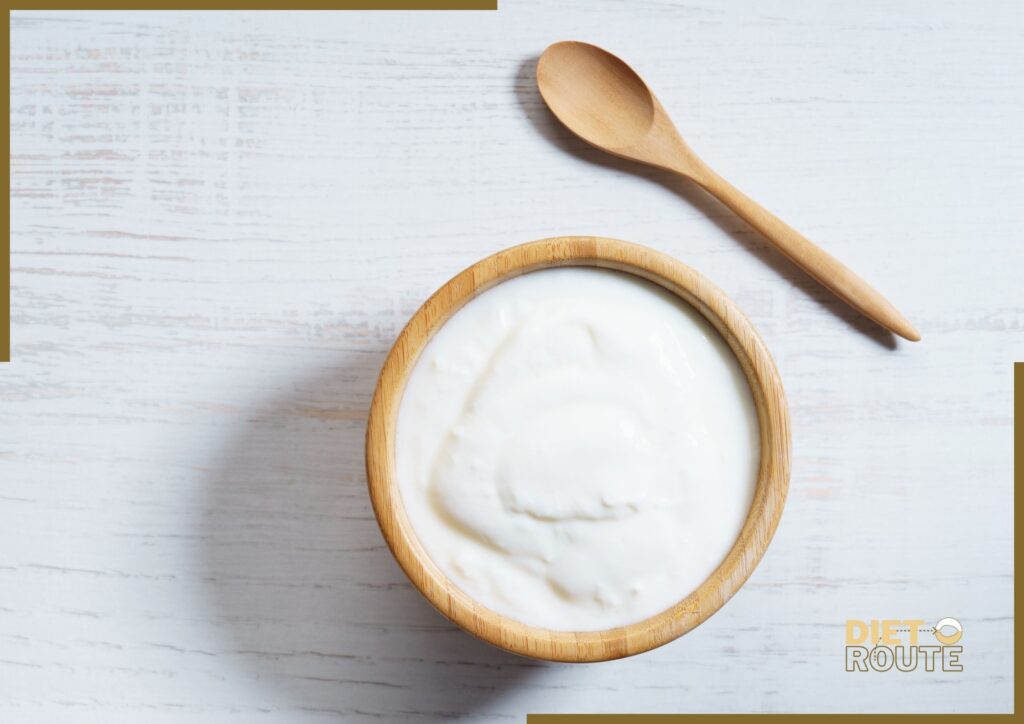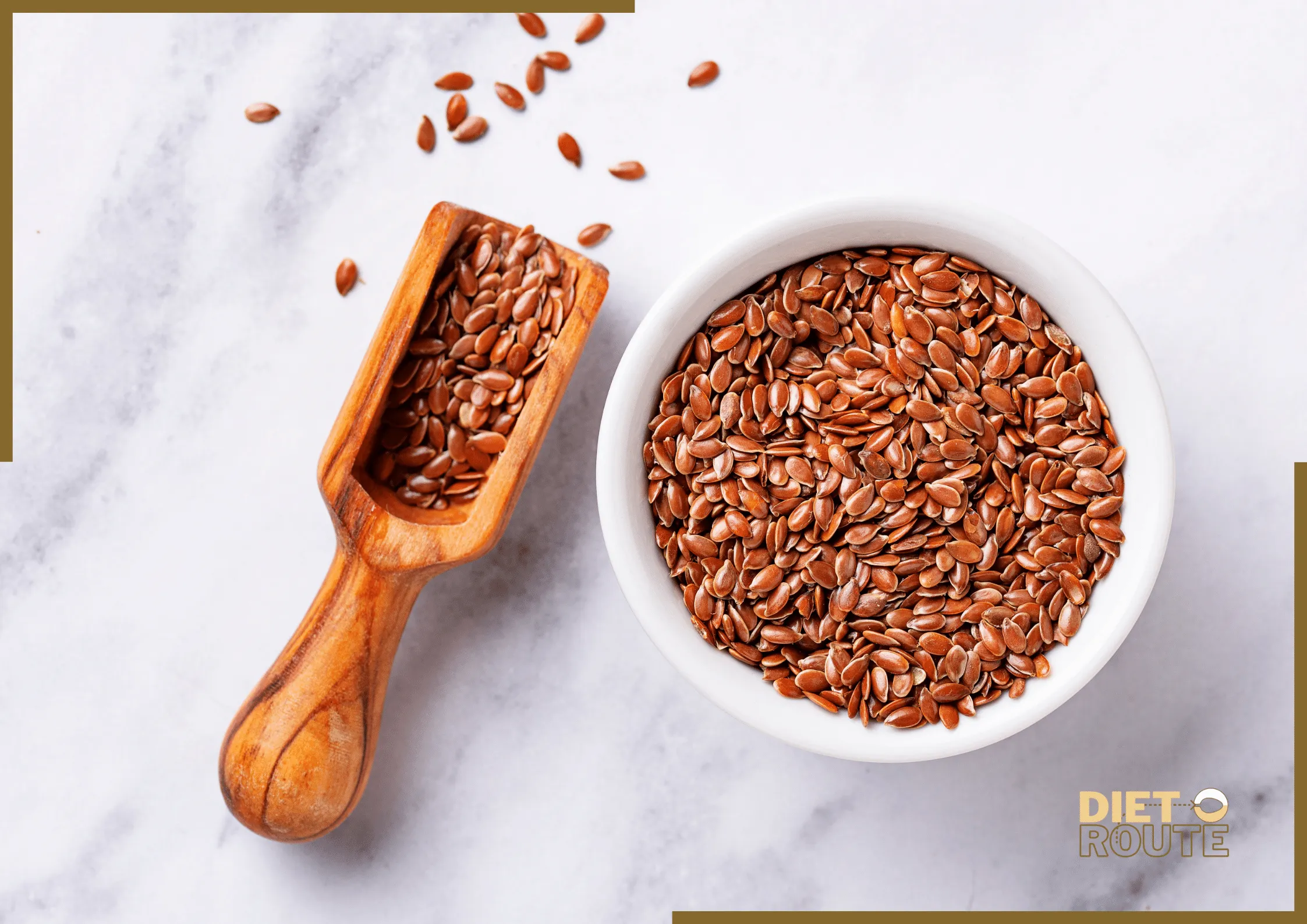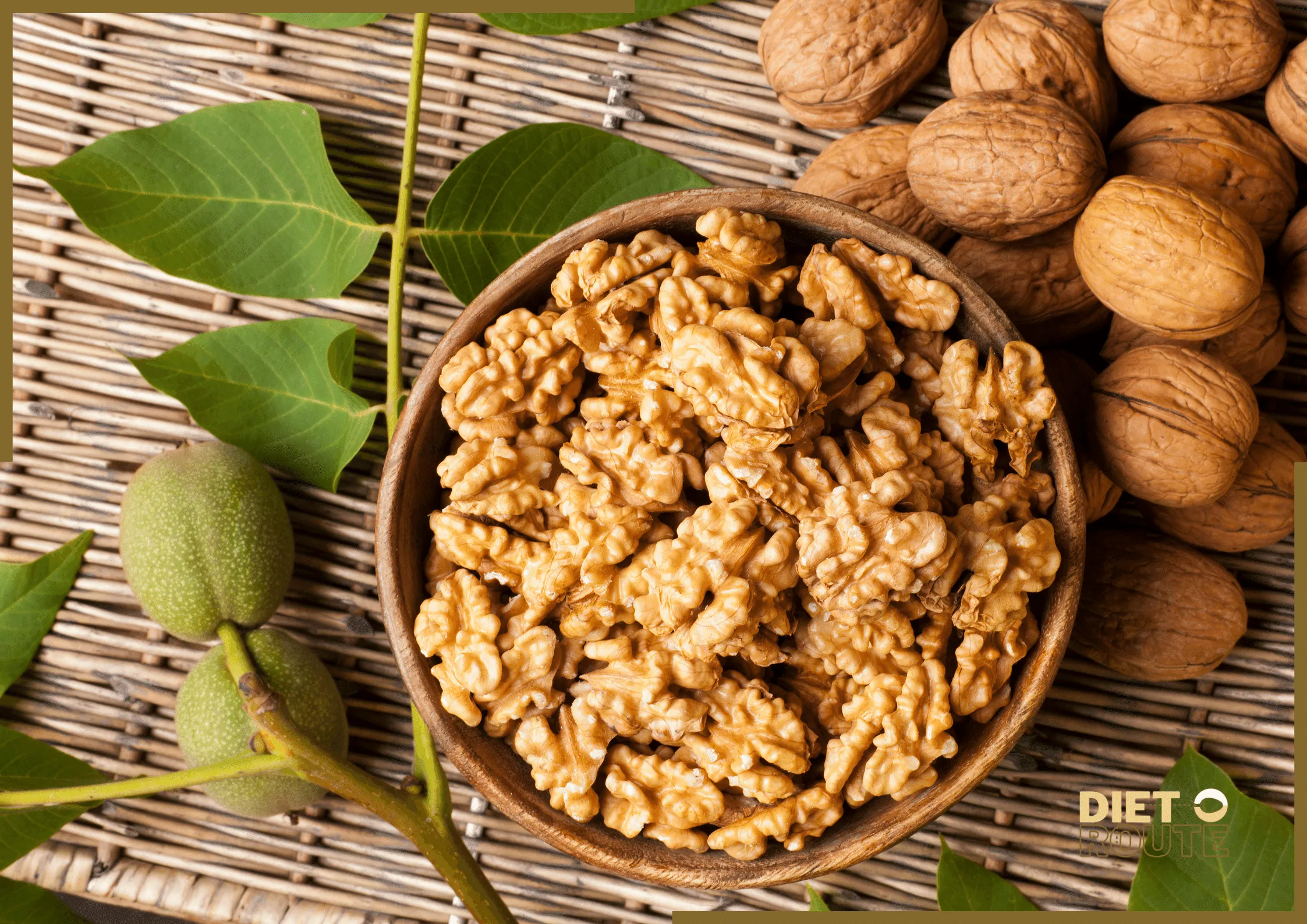Table of Contents
Introduction
Plain yogurt is a famous dairy product that is known for its creamy texture and tangy taste. It has many nutritional advantages in addition to being delicious. In this article, we’ll look at the nutritional content , talk about its pros and cons, respond to some frequently asked questions, and end with some thoughts on its role in a healthy diet.
Nutritional Value Approximately 100g
The values provided are approximate can vary depending on the size and quality.
| Nutrient | Amount | Percentage Daily Value |
| Calories | 61 kcal | 3% |
| Total Fat | 3.3 g | 5% |
| Saturated Fat | 2.1 g | 11% |
| Cholesterol | 10 mg | 3% |
| Sodium | 43 mg | 2% |
| Carbohydrates | 4.7 g | 2% |
| Sugars | 4.7 g | – |
| Protein | 3.5 g | 7% |
| Calcium | 121 mg | 12% |
| Vitamin A | 49 IU | 1% |

Pros
1. Probiotic Powerhouse:
It is a natural source of probiotics, which are good bacteria. These probiotics help keep your gut healthy and may help you handle food better and strengthen your immune system.
2. Calcium and protein:
It is a good source of calcium, which is important for strong bones and teeth. It also has protein, which is important for building and fixing muscles.
3. Rich in nutrients:
It has many essential nutrients, such as vitamin B12, phosphorus, and potassium, which add to the total nutritional intake.
4. Versatile in Culinary Uses:
You can eat by itself or use it as a base for sauces, dips, smoothies, or to replace sour cream in different recipes.
Cons
1. Lactose intolerance:
Plain yogurt is made from cow’s milk and may have lactose in it. Lactose intolerance sufferers should be careful and think about lactose-free options.
2. Added sugars:
Some flavored or sweetened yogurts sold in stores may have added sugars, which can make you eat too many calories. Choose yogurt that is plain or has no added sugars.
Frequently Asked Questions (FAQs)
1. Is plain yogurt suitable for individuals with lactose intolerance?
Due to its lower lactose content when compared to milk, it may be easier to digest for individuals with lactose intolerance. But people may have different levels of patience.
2. Can vegans eat plain yogurt?
If it is made from milk is not good for strict vegans because it contains milk. But there are plant-based options, like soy yogurt or almond yogurt, that can be used instead.
3. Does plain yogurt have gluten in it?
No, it doesn’t have gluten in it. But you should check the labels of flavored yogurts and yogurts with added ingredients to see if they might have gluten in them.
4. Can plain yogurt help you keep your weight down?
It can be part of a healthy plan to lose weight because it has protein, which makes you feel full and helps you control your hunger.
5. Plain yogurt can it be included in a low-carb diet?
It doesn’t have a lot of carbs. Individuals on a low-carb diet, on the other hand, should be careful with their portions and choose plain yogurt without added sugars.
6. Is plain yogurt the same as Greek yogurt?
Greek yogurt is a type of yogurt that has been squeezed and has a thicker texture than plain yogurt. It also has more protein than most other foods.
7. Can individuals with diabetes consume plain yogurt?
As part of a well-balanced meal plan, plain yogurt can be included in a diabetes-friendly diet. But it’s important to pick plain yogurt without added sugars and keep track of how many carbs you eat.
8. Can we freeze plain yogurt?
You can freeze it, but its texture may change. When it thaws, it may get a little grainy or separate.
9. How long can plain yogurt stay good for?
It has a variable shelf life. Check the date on the package and eat it before that date for the best taste and freshness.
10. Is it safe to eat plain yogurt while pregnant?
It can be part of a healthy diet for women who are pregnant. It gives you important nutrients, such as calcium and protein. But it’s best to talk to a doctor or nurse for specific dietary advice.
In a Nut Shell
Probiotics, calcium, and protein are just a few of the nutritional advantages of plain yogurt. It can be a healthy part of a well-balanced diet, helping to keep your gut healthy, your bones strong, and your health in general. For the most health benefits, choose it without added sugars. Individuals with lactose intolerance or dietary limits, however, should think about options. Use it in creative ways in your meals and snacks to take advantage of how tasty and versatile it is.









